
El anciano duerme una siesta
demasiado pronto por la mañana.
Su taza de café se enfría.
Afuera la nieve cae presurosa
El no va a salir hoy día.
Otros deben despejar la acera
del auto y de la cochera
Extendidos sobre su regazo
están los poemas de Sr. Frost.
De alguna manera sus ojos se extravían
en las palabras y en la nieve
de alguna manera se deslizan
atrás hacia las palabras,
arriba hacia los copos
hacia la blancura del aire.
La extrema abundancia allí.
¿Debe darse por advertido?
El Sr. Frost ha salido, dicen,
de amargura y de desesperación.
El anciano se mueve y se despereza
al escuchar los pájaros hambrientos
el trepatroncos, el gorrión, y el arrendajo
que vociferan afuera, desnutridos,
y las palabras se remontan desde su pasado
como esta irascible pena
la del arrendajo, del trepatroncos y del gorrión,
resentimiento que no perdura
forma de frase o de canción.
Sube las escaleras para acostarse.
La nieve cae todo el santo día
(traducido por Sergio Badilla)

February Morning
too soon in the morning.
His coffee cup grows cold.
Outside the snow falls fast.
He'll not go out today.
Others must clear the way
to the car and the shed.
Open upon his lap
lie the poems of Mr. Frost.
Somehow his eyes get lost
in the words and the snow,
somehow they go
backward against the words,
upward among the flakes
to the blankness of air,
the busy abundance there.
Should he take warning?
Mr. Frost went off, they say,
in bitterness and despair.
The old man stirs and wakes,
hearing the hungry birds,
nuthatch, sparrow, and jay
that clamor outside, unfed,
and words stir from his past
like this irritable sorrow
of jay, nuthatch, and sparrow,
wrath which no longer takes
shape of sentence or song.
He climbs the stairs to bed.
The snow falls all day long.



















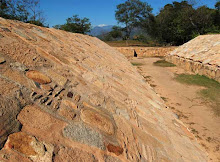
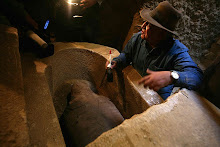






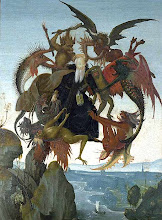







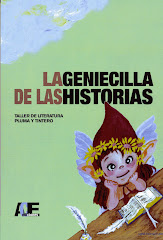



























































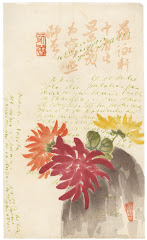

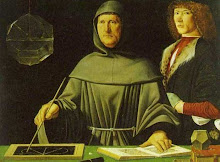
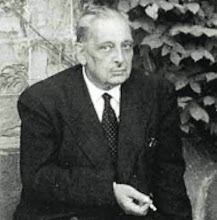







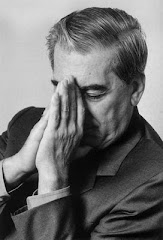
































No hay comentarios:
Publicar un comentario